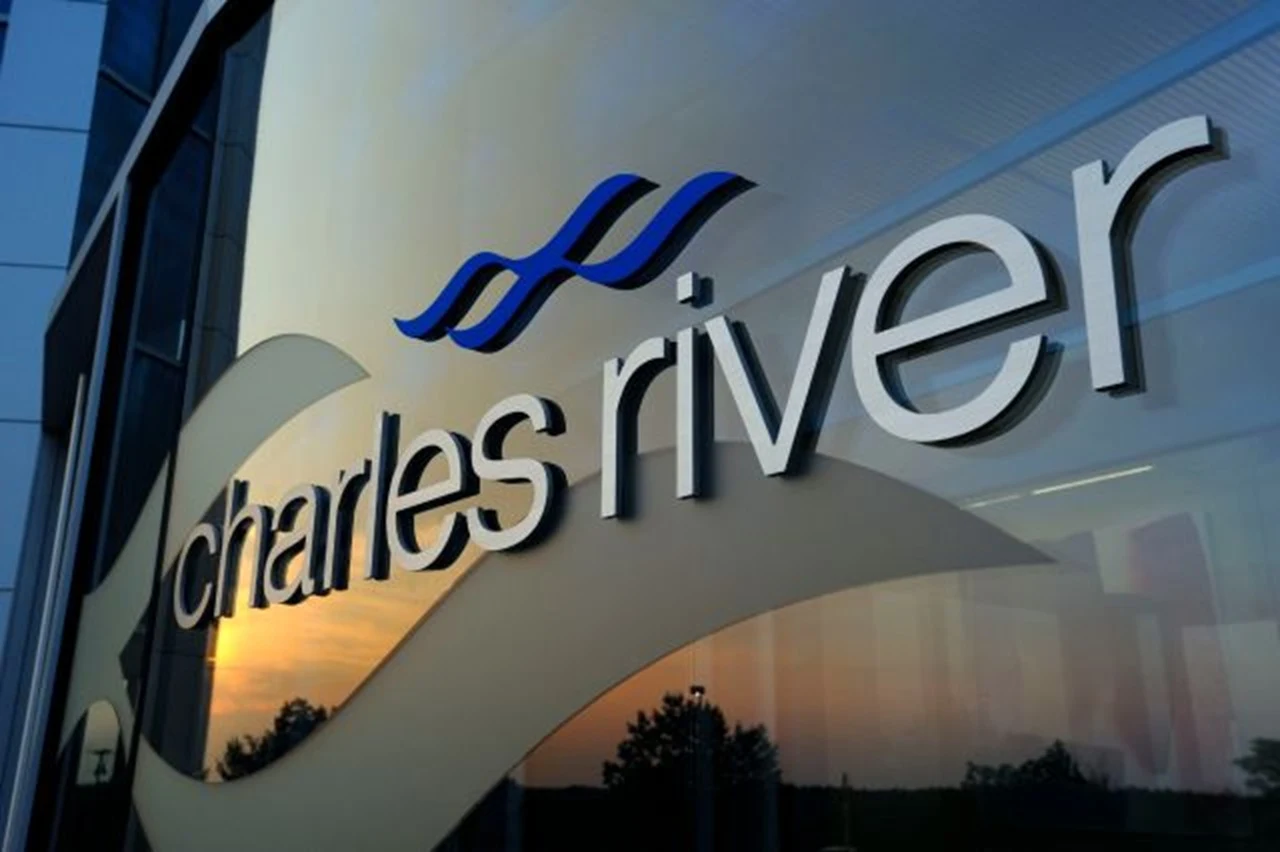Charles River Laboratories International, Inc. (NYSE: CRL) today announced the establishment of a global, cross-functional Scientific Advisory Board to guide the company’s strategic focus on New Approach Methodologies (NAMs). The Advisory Board, led by Dr. Namandjé N. Bumpus, will play a pivotal role in advancing Charles River’s commitment to innovative non-clinical tools that improve the predictability of efficacy and safety in the development of therapeutics and chemical substances while reducing reliance on animal testing.
NAMs encompass a broad spectrum of technologies—including in vitro, in silico, and in chemico methods—that complement or replace traditional animal models in non-clinical research. These tools are increasingly recognized for their ability to provide human-relevant insights, accelerate discovery timelines, and support regulatory decision-making.
A Legacy of Innovation in the 3Rs
Charles River has a long-standing reputation for pioneering initiatives that minimize animal use through the 3Rs framework—Replacement, Refinement, and Reduction. The company has made substantial investments in alternative technologies over the past decade, integrating advanced scientific tools with operational and regulatory expertise to ensure these methods can be implemented at scale.
The newly formed Scientific Advisory Board brings together leading internal and external experts in science, technology, operations, regulatory affairs, and animal welfare to steer the company’s NAMs strategy. This initiative reflects Charles River’s deep commitment to science-driven innovation and the adoption of new technologies that can transform drug development while maintaining rigorous safety standards.
“Our industry is at an inflection point where science and technology intersect to accelerate the pace of drug discovery and development,” said Birgit Girshick, Corporate Executive Vice President and Chief Operating Officer of Charles River. “Charles River is uniquely positioned to lead the development and regulatory validation of NAMs, integrating these methods into programs across our vast client network. We are excited to leverage premier internal and external expertise to drive this science-first approach.”
Deep Commitment to Scientific Expertise
The Scientific Advisory Board is structured as an interdisciplinary, global collaboration, tasked with embedding NAMs technologies and compatible testing platforms across therapeutic, preventive, and chemical substance pipelines. Key focus areas include:
- In vitro models: Human cell-based assays, organoids, and organ-on-a-chip systems designed to replicate tissue responses accurately and efficiently.
- In silico approaches: Computational toxicology, predictive modeling powered by machine learning, and virtual screening tools that simulate complex biological interactions.
- In chemico methods: Chemical reactivity assays such as Direct Peptide Reactivity Assays (DPRA) and oxidative stress response assays, which evaluate compound reactivity without the use of live cells or animals.
Girshick added, “Patient safety and regulatory acceptance will ultimately dictate the pace of industry adoption. While significant work remains before emerging tools and alternative methods can be consistently and widely implemented, Charles River is well-positioned to lead the way. We view this as a long-term opportunity to accelerate both innovation and impact.”
Leveraging Expertise to Drive NAMs Adoption
In her role leading the Scientific Advisory Board, Dr. Namandjé Bumpus will provide strategic guidance on commercial and regulatory strategies for advancing NAMs within the biopharmaceutical industry. Dr. Bumpus brings extensive experience in pharmacology, regulatory science, and translational research.
Dr. Bumpus previously served as Chief Scientist of the FDA and later as the agency’s Principal Deputy Commissioner until December 2024. She has also held academic positions as Professor and Director of the Department of Pharmacology and Molecular Sciences at Johns Hopkins University School of Medicine. A past president of the American Society for Pharmacology and Experimental Therapeutics, she is a fellow of the American Association for the Advancement of Science and a member of the National Academy of Medicine.
“Charles River is uniquely positioned to foster both innovation and adoption of NAMs across the industry,” said Dr. Bumpus. “They are actively developing NAMs and integrating advanced technologies with extensive scientific expertise while understanding the regulatory challenges clients face. This combination enables Charles River to strategically and broadly partner in supporting the validation and integration of NAMs into drug discovery and development programs.”
Proven Track Record in NAMs Integration
Charles River has implemented a wide range of NAMs across its programs, including:
- Endosafe® Trillium®: A recombinant bacterial endotoxin test that reduces reliance on horseshoe crab-derived Limulus Amebocyte Lysate (LAL).
- In Vitro Skin Sensitization Assays: Non-animal alternatives for evaluating chemical-induced skin reactions.
- Virtual Control Groups: Reduces animal use in nonclinical safety studies by leveraging historical control data instead of on-study controls.
- Logica®: An integrated in silico platform combining artificial intelligence with traditional bench science to optimize drug discovery and development.
- Next-Generation Sequencing (NGS): Provides animal-free alternatives for pathogen testing and genetic characterization of cell lines and drug substances under GMP conditions.
These applications highlight Charles River’s ability to deliver scalable, scientifically robust NAMs solutions across multiple domains, from biologics and small molecules to chemicals and consumer products.
Strategic Vision and Industry Impact
The Scientific Advisory Board will focus on developing a scalable framework for regulatory acceptance and broad implementation of NAMs, positioning Charles River as a global leader in alternative method adoption. The Board will also ensure that these innovations align with client needs, ethical standards, and evolving regulatory expectations.
“The formation of this board underscores Charles River’s commitment to integrating cutting-edge technologies with practical, industry-ready solutions,” Girshick noted. “We are at a pivotal moment where science, technology, and regulatory guidance converge to accelerate drug discovery and improve patient outcomes, all while reducing reliance on animal testing. NAMs are not just a scientific advancement—they are a strategic imperative for the future of the life sciences industry.”
Charles River’s leadership in NAMs is expected to drive faster, safer, and more human-relevant approaches to testing, ultimately benefiting patients, regulators, and pharmaceutical developers alike. By providing a roadmap for validation, adoption, and regulatory engagement, the Scientific Advisory Board will help ensure that NAMs are deployed effectively, ethically, and at scale across the industry.
Looking Ahead
As the global life sciences ecosystem increasingly embraces NAMs, Charles River’s Scientific Advisory Board will play a critical role in shaping the next generation of non-clinical testing strategies. Through the integration of in vitro, in silico, and in chemico approaches, combined with the company’s regulatory expertise and operational excellence, Charles River aims to reduce animal use, increase predictive accuracy, and accelerate the delivery of safe, effective therapies to patients worldwide.
By combining deep scientific expertise, advanced technological platforms, and a commitment to ethical innovation, Charles River is setting a new standard for responsible and efficient drug development. The formation of this Advisory Board represents a major step toward transforming the industry, enabling the widespread adoption of NAMs, and reinforcing Charles River’s position as a leader in both science and operational excellence.



